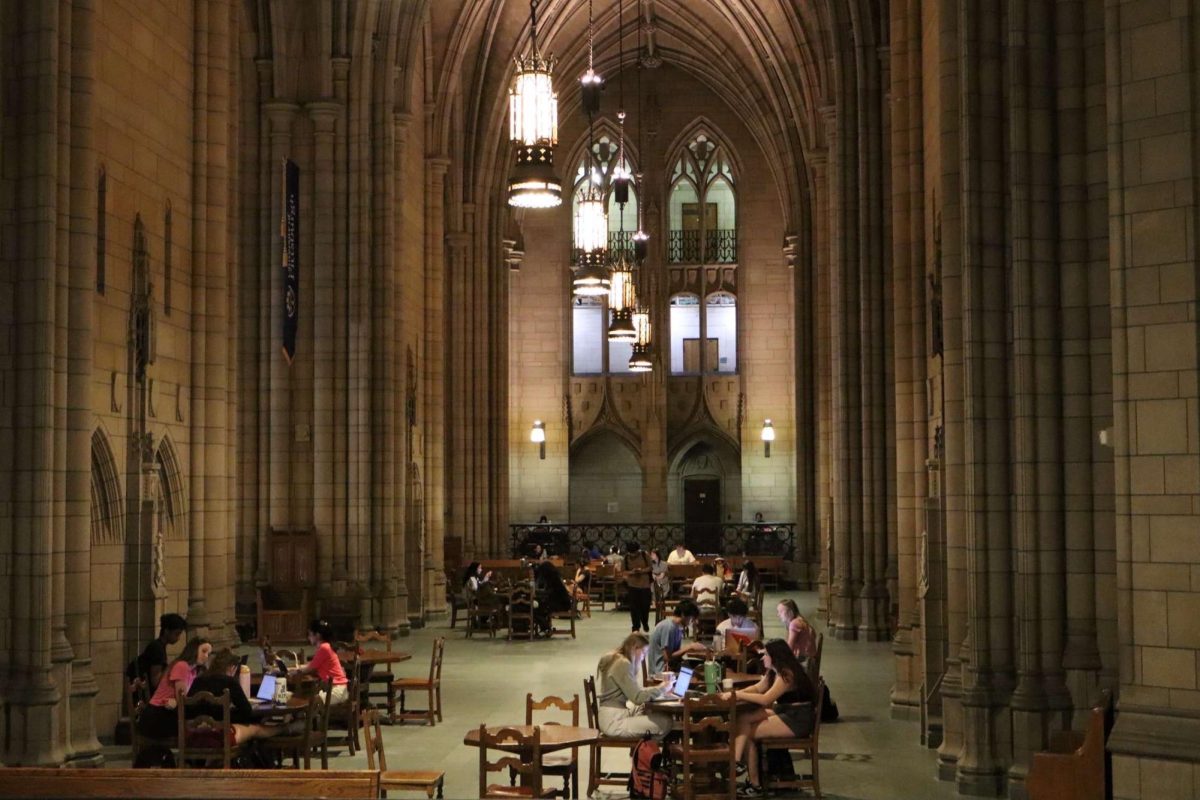International students across the country are facing an epidemic of visa revocations that threaten to change the landscape of what education looks like at local schools. Students at schools, such as The University of Pittsburgh, The Pennsylvania State University and Carnegie Mellon University, have already faced unexpected visa termination.
These schools are large, research based institutions with a high number of foreign or international students. If visas can be revoked there, they can be revoked anywhere. In 2023, Carnegie Mellon University reported having a total of 6,308 international students, approximately 35% of their total student body with almost all of them having F-1 visas. Similarly, The University of Pittsburgh has over 3,200 international students and The Pennsylvania State University has over 9,000, again almost all of which are F-1 visas.
The revocation of student visas sets a precedent where education, careers and legal status can be quickly lost due to bureaucratic issues and shifting federal policy. Students at Pennsylvania’s top universities are facing education struggles or even deportation over minor technicalities that can affect their legal status, sometimes with no warning at all.
“I was shocked to learn that students are having their visas revoked,” Freedom alum and Penn State freshman Aiden Pournaras said. “Many of the friends I have made at college are international students, and the fact that they are at risk of being removed from my college or the country is frightening.”
There are three main types of student visas: The F-1 visa is for students pursuing academic studies at both the college and high school level, the M-1 visa for students participating in vocational schools and the J-1 visa for students who participate in various cultural and educational exchange programs. Students with the most common type, the F-1 visa, are facing the highest numbers of visa terminations across a variety of campus locations and school types.
Not even the visas of students at the most prestigious universities are safe. At Harvard University specifically, the Trump administration has threatened to block the university from enrolling international students all together. This comes after a list of demands was sent to the university, which Harvard refused. It is amidst this power struggle that international students find themselves caught in the crossfire while the bigger question of the government’s place in education gets answered.
“I agree that there are reasons for visas to be revoked but I don’t think that visa loss should stem from the politics of education,” Freedom alum and University of Pittsburgh freshman Logan Larrick said. “Removing students from educational institutions is an unfair move.”
Universities are trying to protect their students but are in certain cases facing severe repercussions. After Harvard refused the list of demands, the Trump administration froze $2.2 billion in grants and over $60 million in contracts.
As tensions rise with government interference and visa revocations, international students remain vulnerable to decisions made beyond their control. Their futures rely not only on academic performance but on a system that is not guaranteed to support them. Life changing decisions are happening on behalf of students and they are not always informed of those decisions until it is too late. While Visa revocations may seem like an isolated incident, they are warning signs of how the U.S handles global education.



